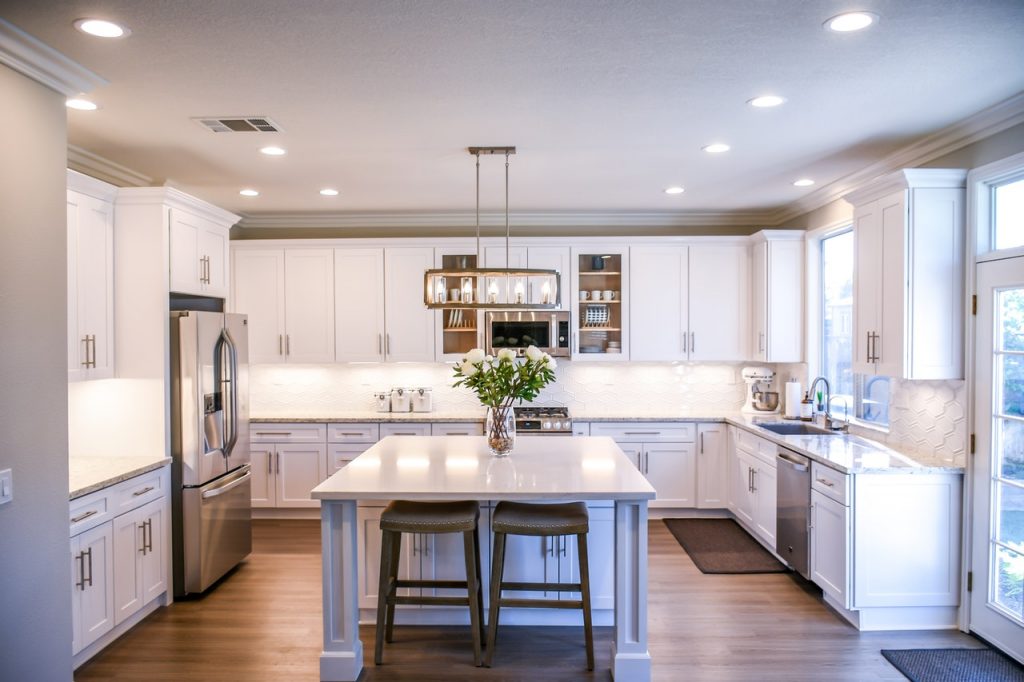When looking for a wood surface to refurbish your kitchen, you may have a few of the more traditional options in mind.
Oak is renowned for its durability, beech for its pallor and walnut for its deepness of colour. But what if you want something that is a bit different? Of course, you will want a wooden worktop in the UK that offers the same durability, stain resistance and touch of class that the traditional options can provide, but if you have always been a bit of a rebel when it comes to interior design, you may want to consider cherry.
That’s right! Cherry wood is becoming more popular as a wooden worktop across the UK, as it offers warmth and amber glow that is rarely achieved with other wood types. Hardy like oak, it is perfect for those busier kitchens and offers the same antibacterial properties that you would find with any of the more commonly used woods. Perfect!
Is it more expensive than other woods?
This depends on how much of it you want to have installed in your kitchen, along with the shape required and whether there is any customisation.
However, in a strict price comparison of wooden worktops from the UK, cherry wood is more affordable than some deluxe oak surfaces and adds a golden hue to your kitchen.
Is it hard to maintain?
All wooden kitchen surfaces are designed to be easy to maintain, and cherry is no exception.
While most worktop companies will coat your cherrywood with a clear varnish, its beautiful look can be maintained with a weekly clean. Simply wipe the surface with a lint-free cloth to remove any surface debris.
Using a slightly damp cloth, wipe over the counter to remove any stubborn grime and then, using the first dry cloth, remove any moisture. It will not cause immediate damage, but leaving a cherry work surface damp can cause the wood to appear dull, and that’s not the look you want!
Apply an odourless cleaner polish, wait a few hours and voila! Your cherry worktop is clean and should look shiny and blemish-free.

Is it hardy?
Oh yes!
Just like oak, beech and walnut, cherry is a tough wood which is scald resistant, stain-resistant and can handle a good amount of pressure.
In fact, this can be measured using a Janka Hardness Scale, which measures the force required to embed a 0.444” steel ball into the surface of the wood. Woods that score a higher number using this measurement are tougher to crack. Cherry measures at 950, whereas woods like chestnut and mahogany score between 560-800. So, cherry is a tough wood and can handle you tenderising that beef steak with a kitchen mallet!
What about bacteria?
Cherrywood has an antibacterial property which is higher than other woods.
As cherry trees produce fruit, they have evolved a wider resistance to a different set of bacteria to protect the fruit, so it will keep your food germ free. Perfect!
